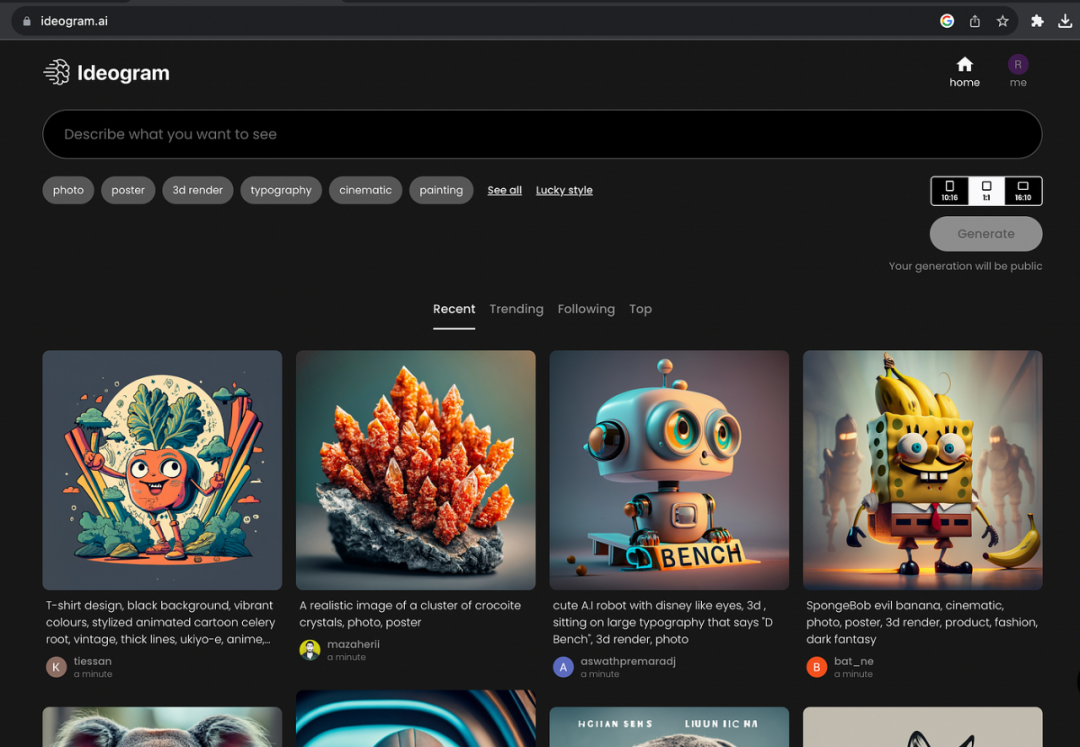Source: GenAI New World

Image Source: Generated by Wujie AI
According to overseas media reports, the investment train for AI startups is slowing down. Some young startups have found it increasingly difficult to meet their new round of financing goals, whereas just a year ago, investors would have been eager to jump in.
Take the startup company Liquid AI as an example. This company is developing a new type of AI model that can continuously learn during use, rather than just undergoing pre-training, a method that is completely different from the popular OpenAI model.
In July of this year, Liquid AI's CEO Ramin Hasani had discussions with investors to raise up to $100 million for this startup, which he co-founded with three other researchers from MIT a few months ago.
However, some investors were already cautious about Liquid AI's unverified technology at that time. Earlier this month, the company only raised $37.6 million from the family office of Stephen Pagliuca at Bain Capital and OSS Capital.

"Nine months ago, a simple demo on Twitter could secure financing," said Joanne Chen, a general partner at Foundation Capital. "Today, founders need to be more thoughtful, and their companies need to have a long-term value proposition." Foundation Capital has supported AI companies such as model monitoring startup Arize and chip developer Cerebras.
While investors have become more cautious about investing in AI companies, AI transactions remain a bright spot in the current financing market. Data from PitchBook shows that although investment in US startups decreased by 21% year-on-year in the third quarter, investment in AI startups surged by 150%. More mature companies like Anthropic and OpenAI received investments that were more than 60 times their annual revenue. However, it must be said that the AI financing market is very different from the situation in the first half of this year, when transactions could be completed in a matter of weeks.

Since startup companies like Stability AI and Jasper ran into research difficulties after raising large sums of money, investors have become more cautious about writing big checks for emerging generative AI companies. Large companies like OpenAI and Microsoft, as well as open-source AI providers, have become huge threats, and many startups also face the harsh reality of enterprise sales services, where companies quickly abandon suppliers at the slightest hint of trouble.
Some ongoing investment negotiations have also fallen through. London-based large language model developer Conjecture began discussions with investors in August, hoping to raise about $100 million. However, after several months of discussion, the startup decided to suspend financing because investors were increasingly concerned about the company's competition with rivals such as Meta Platforms and Mistral, as well as the high cost of model development.

Many emerging AI companies are also under significant pressure, as they purchase foundational technologies such as large language models from big companies like OpenAI. These big companies plan to sell the corresponding technologies directly to the target companies, allowing the target companies to develop their own tools to meet their needs.
Jenny Lefcourt, a partner at venture capital firm Freestyle Capital, said, "One issue is that more and more people believe that most of the value of AI will belong to companies that already have distribution channels, making it even more difficult for AI startups." Lefcourt believes that successful startups are those that can demonstrate more mature products.
Another barometer of the AI financing market is Ideogram, a company whose product can generate images based on textual descriptions. Ideogram, founded by four former Google AI researchers in 2022, raised funds earlier this year at a valuation of over $100 million, even though they were not sure what product they wanted to launch at the time. By October of this year, top companies like Andreessen Horowitz proposed to provide funding for this startup at a pre-investment valuation of up to $500 million, despite its lack of revenue.

However, some venture capitalists opposed this. New Enterprise Associates, which has also supported AI startups such as Rewind and search engine Perplexity, was concerned about Ideogram's high operating costs for its AI models and how it would differentiate itself from competitors such as Midjourney and OpenAI's Dall-E. These concerns, along with the high valuation, led the company to abandon this round of financing. It is not yet clear if other companies participated, and Ideogram has not disclosed its current valuation.
The troubles encountered by some early winners in the generative AI craze have also led to a lukewarm situation for new founders. Jasper, a company that sells writing tool subscription services based on OpenAI's GPT model, received a valuation of $1.5 billion last year. However, recently, the company lowered its internal valuation by 20% and reduced its 2023 annual recurring revenue forecast by at least 30%.
Meanwhile, Deepgram, a speech-to-text startup that raised $86 million from venture capital firms Madrona, Tiger Global Management, and Y Combinator, cut about 20% of its staff in October, marking its second round of layoffs this year. Both companies face market pressure from competitors like OpenAI. Prior to the recent CEO crisis, OpenAI's business had been thriving.

Of course, not all companies are facing difficulties in raising funds. Some smaller startups continue to attract investor interest with high valuations. Adaptive, a startup based in Amsterdam, is dedicated to helping large language model developers improve model quality. The company is in talks to raise $20 million at a post-investment valuation of $100 million. Index Ventures and Iconiq Capital are in discussions with the company, which was only founded a few months ago, about financing, with Iconiq not having participated in this round of financing before.
Many investors also face the question of whether the companies spending money to purchase AI products from startups are just experimenting or are truly looking to develop in the field in the long term. A recent report from application development startup Retool mentioned that about half of the surveyed companies stated that their purchase of AI applications was either for temporary purposes or their needs were still in the early stages. Nearly half of the respondents also stated that they did not customize models created by companies like OpenAI. This indicates that there is not a strong demand in the market for products from these startups.
Even OpenAI saw a sharp decline in traffic to its ChatGPT website this summer, and while Microsoft's enterprise AI sales seem to be taking off, their usage has not returned to peak levels.
"First there are innovators, then there are imitators, and then there are idiots, that's the sequence of events." said Venky Ganesan, a partner at Menlo Ventures. "We are still in the innovator phase of the cycle, but we are slowly starting to see imitators emerge, although we have not yet seen the idiots."
免责声明:本文章仅代表作者个人观点,不代表本平台的立场和观点。本文章仅供信息分享,不构成对任何人的任何投资建议。用户与作者之间的任何争议,与本平台无关。如网页中刊载的文章或图片涉及侵权,请提供相关的权利证明和身份证明发送邮件到support@aicoin.com,本平台相关工作人员将会进行核查。




